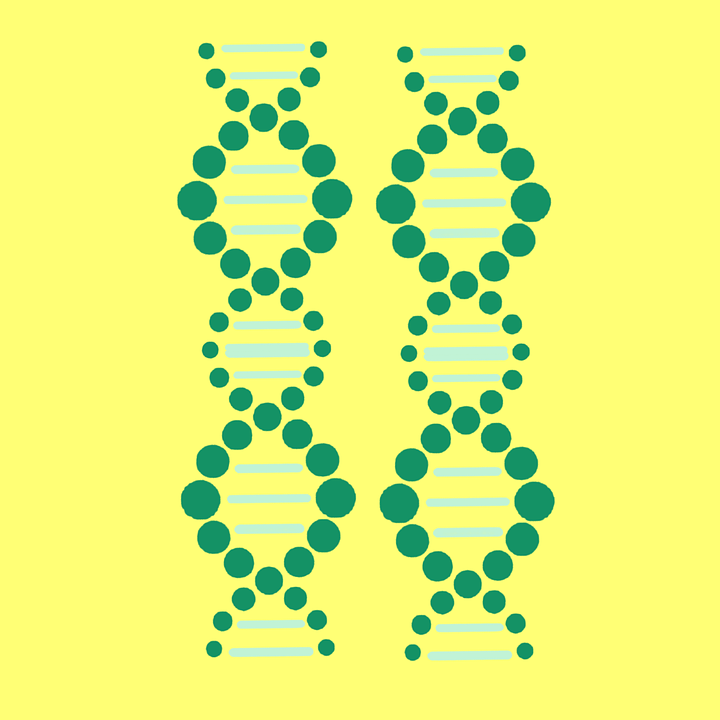Some are born with a smile
September 14, 2018
Many of the physical features we are born with have been written into our genes. They are undeniable, unchangeable truths about ourselves that make us who we are. But with a recent increase in knowledge in the world of psychology, scientists and psychologists alike aim to discover if the genes you are born with affect your emotional well-being, and more specifically, how happy you are.
In an interview with Forbes Magazine, Dr. Alexis Frazier-Wood, assistant professor of pediatrics and nutrition at the Baylor and Texas Children’s Hospital, shared the results of her recent study on the link between genetics and psychological traits.
“We found three genetic variants associated with subjective well-being – how happy a person thinks or feels about his or her life,” Frazier-Wood said. “We also found two genes harboring variants associated with depressive symptoms and 11 genes where variation was associated with neuroticism.”
Working with more than 190 researchers in 17 countries to analyze data from over 300,000 people, Frazier-Wood’s study could be one of the largest ever conducted on the subject.
According to CNBC, Meike Bartels, a scientist at the World Government Summit in Dubai, launched a study that affirmed the connection between genetics and happiness. Bartels and a team of researchers studied nearly 300,000 people, sampling their DNA as well as measures of well-being. By looking at human genomes, which contain the genetic material that differentiates humans from other organisms, Bartels discovered a link between genes and emotions.
Despite her findings, Bartels stressed that genetics are not the sole factor in determining how happy an individual is. External environmental factors can influence how these newly discovered genes exhibit themselves. In simpler terms, the environment you live in could play a large role in how your genes act.
Junior Abby Tellechea of Monmouth Beach said she believes that genetics do not contribute at all to a person’s level of happiness.
“I think that happiness in life is about whether or not what you are doing makes you happy,” Tellechea said. “If you love where you are and what you are doing in life then that I feel is happiness, and genetics don’t play a role in that.”















